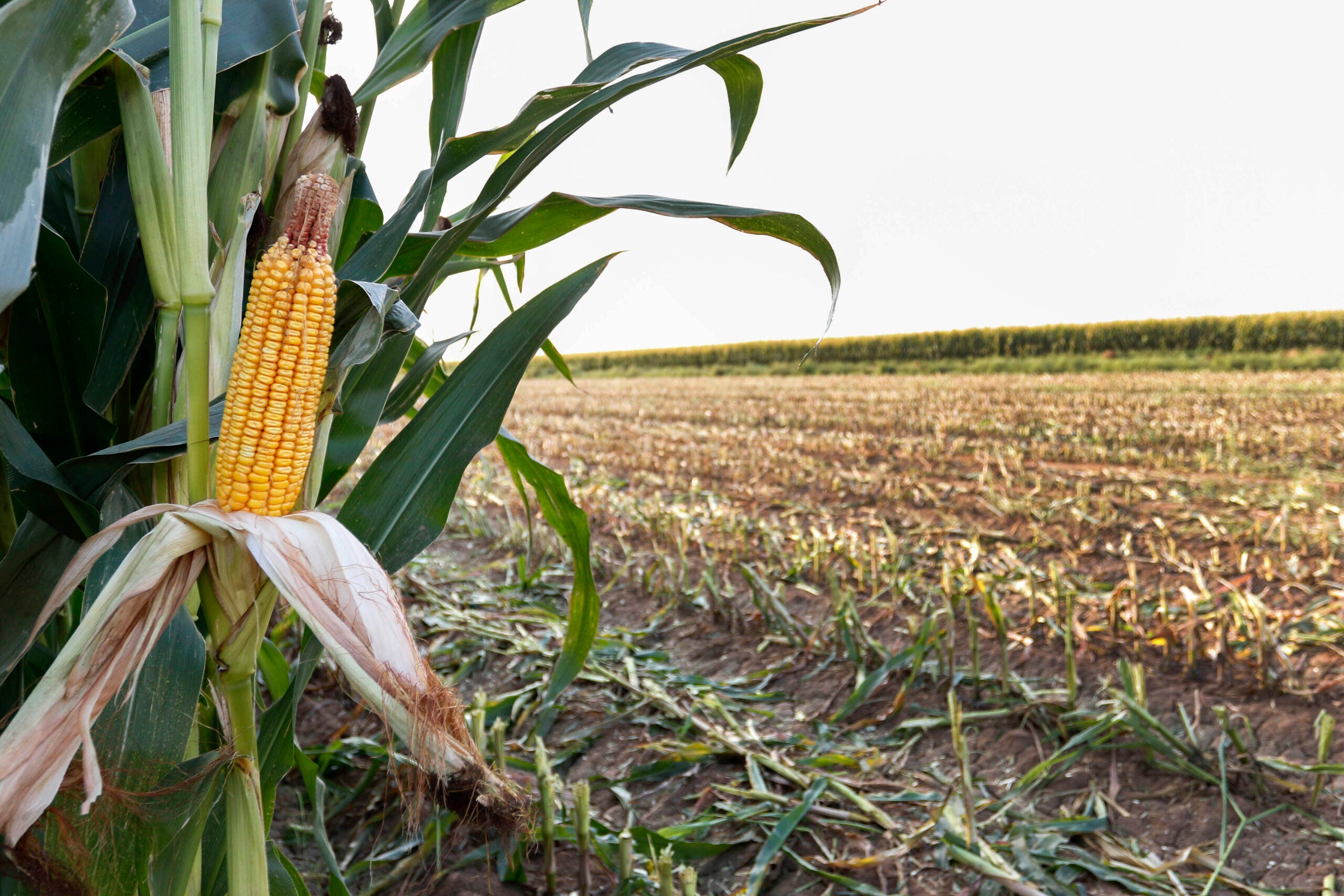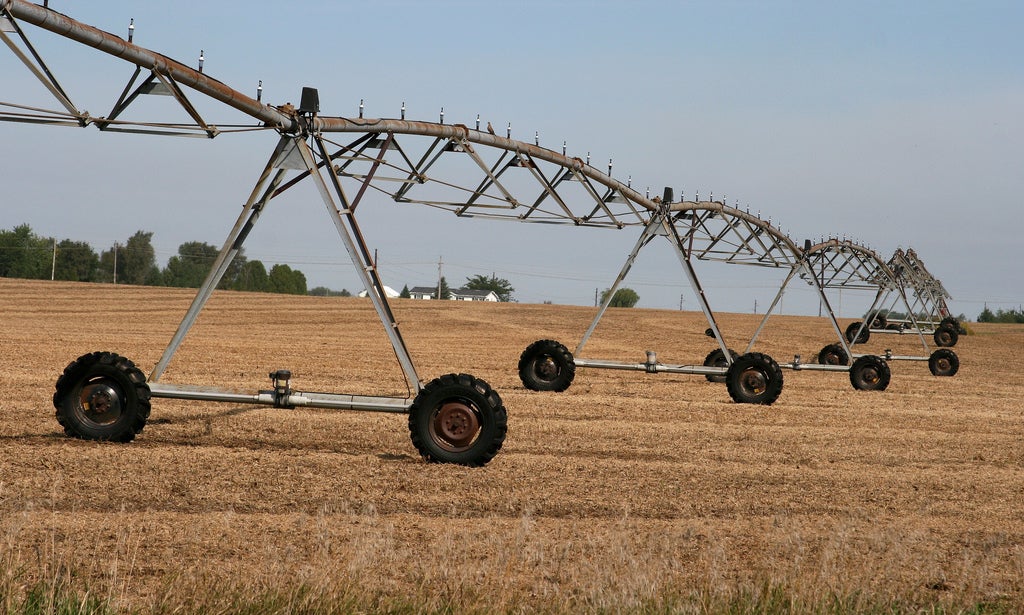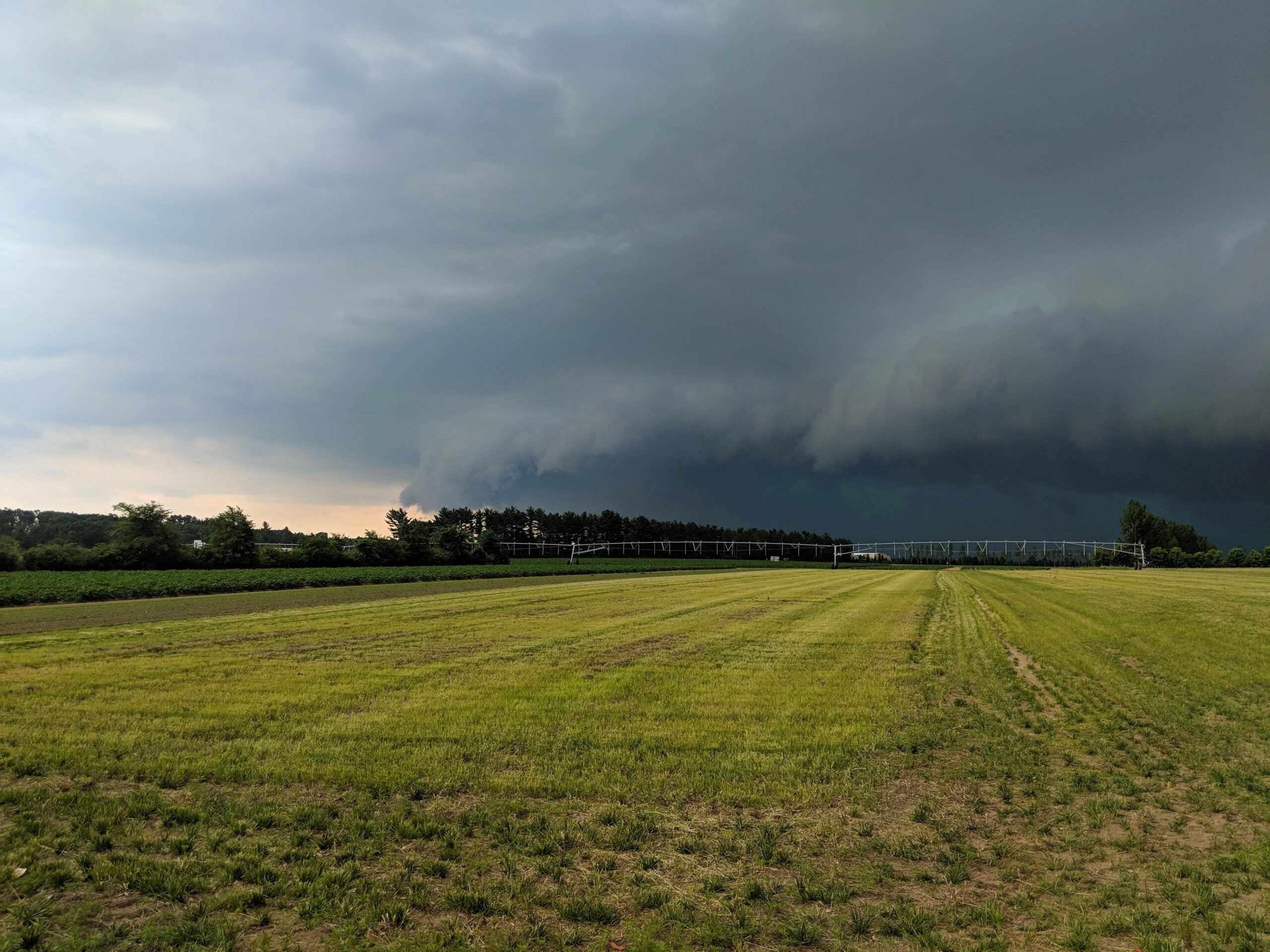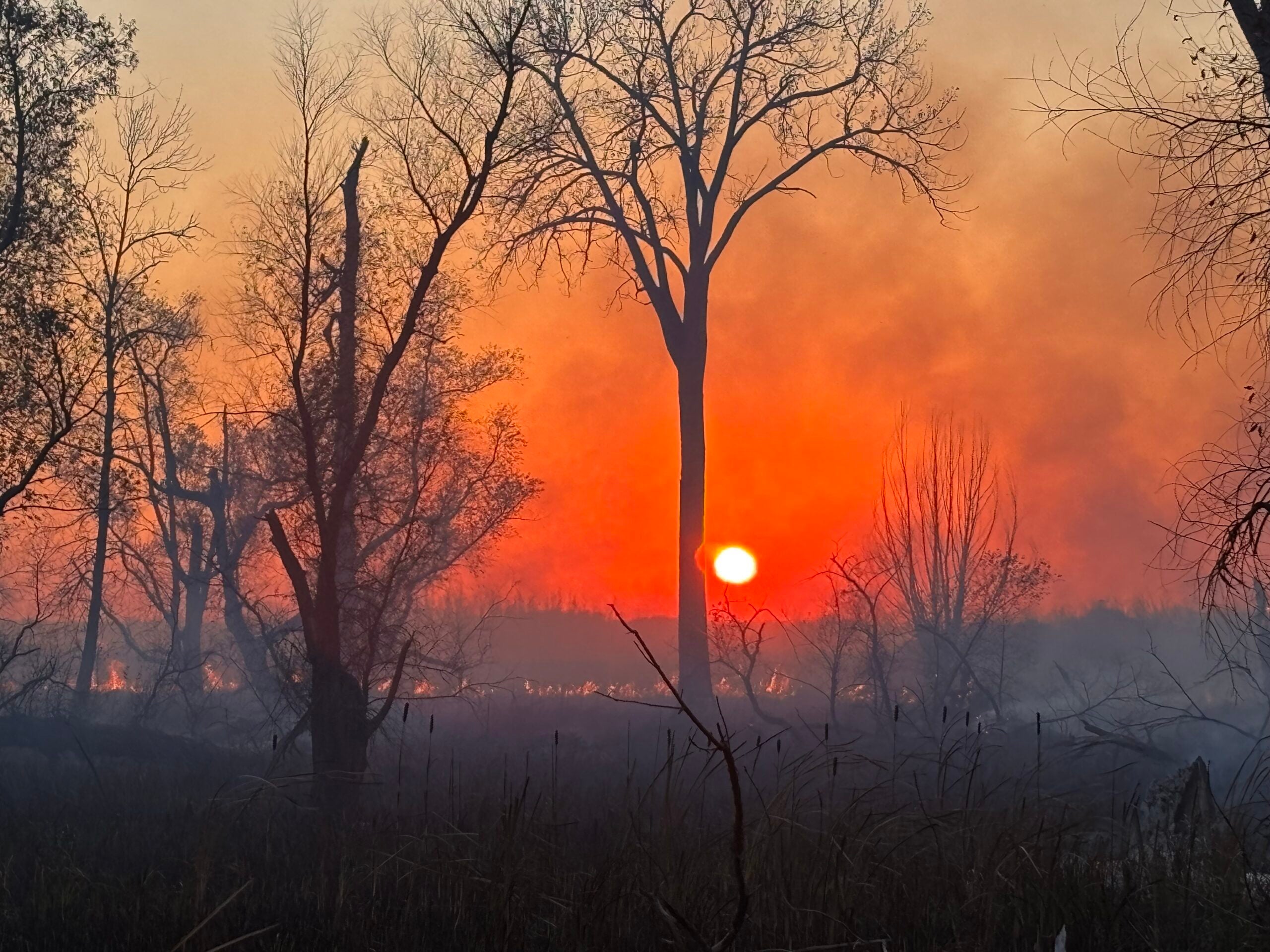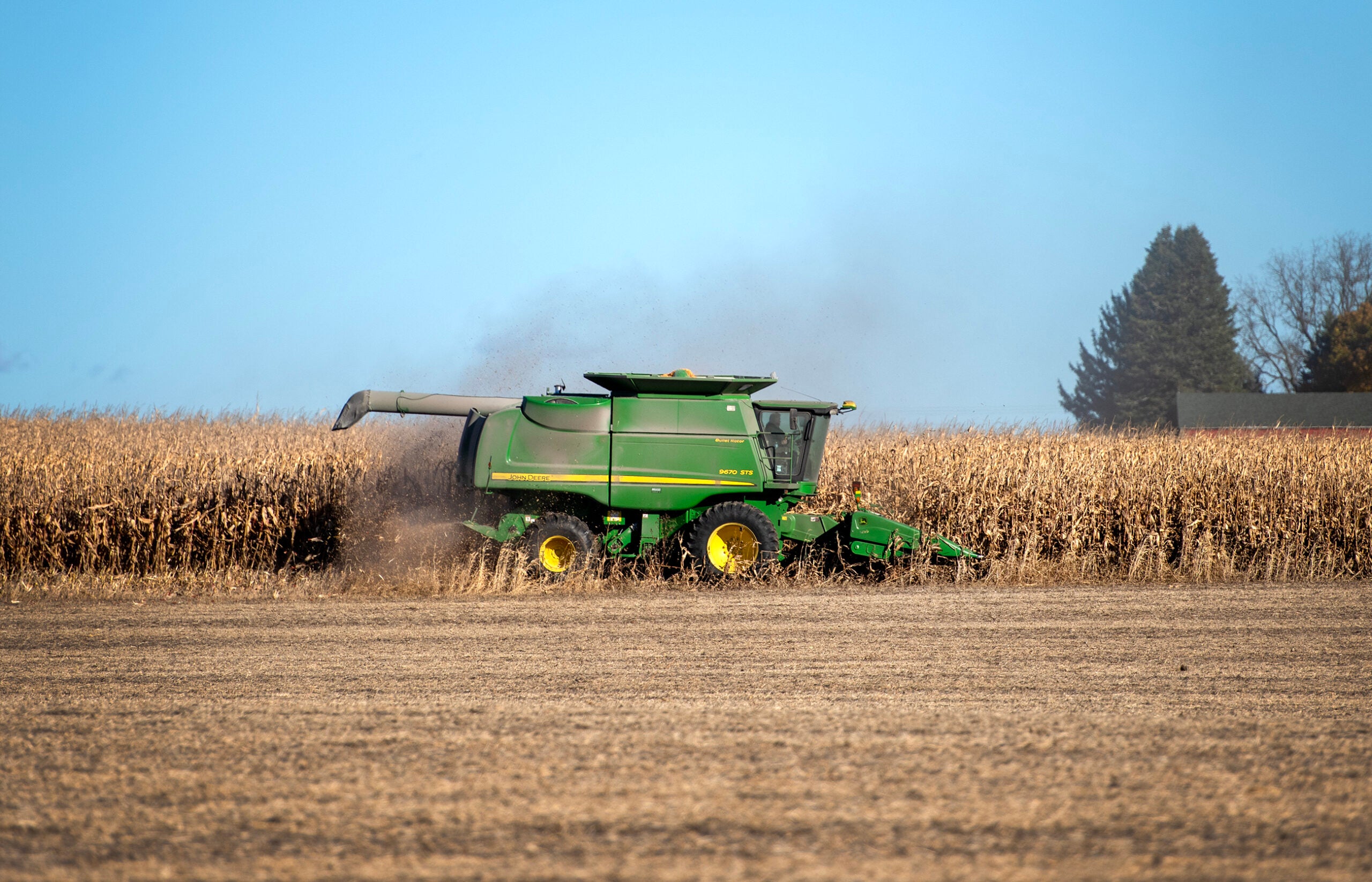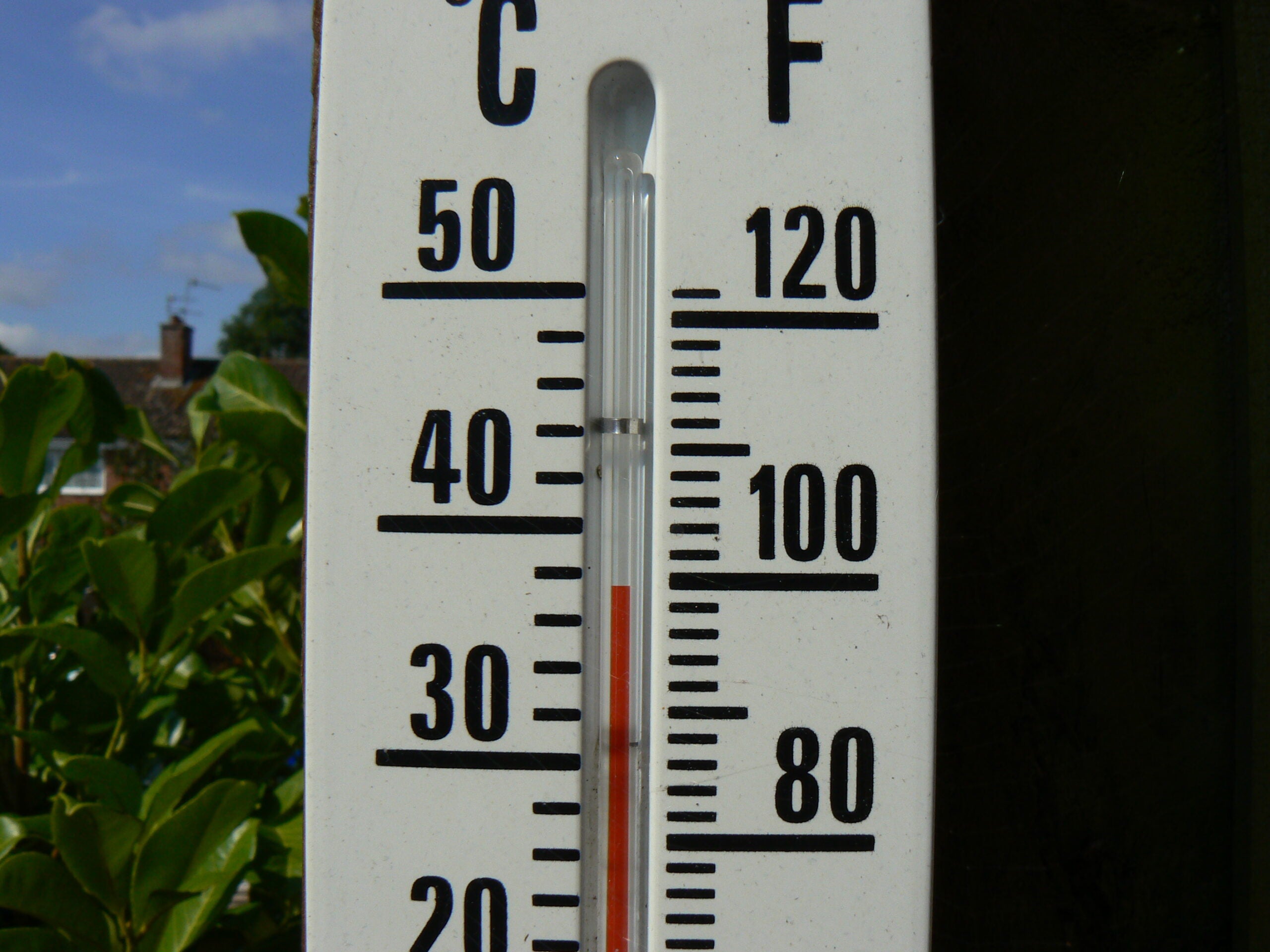A statewide dry spell is making farmers across Wisconsin uneasy about the prospect of their crops.
As of July 4, the U.S. Drought Monitor showed much of the state is experiencing severe or moderate drought — with most of Dane County dealing with extreme drought.
Derek Orth owns Orthridge Jerseys in Fenimore. He’s also on the board of Grant County’s Farm Bureau.
Stay informed on the latest news
Sign up for WPR’s email newsletter.
He told Wisconsin Public Radio’s “The Morning Show” his corn and alfalfa crops took longer than usual to germinate. Corn he planted on June 1 just recently broke ground.
“The corn didn’t come out of the ground until this past weekend,” he said. “Usually, corn in June takes five or six days to germinate, and this took 35 days. So … it’s kind of scary.”
July is a key month for corn pollination, making the next few weeks all the more critical for the crop.
That’s according to Jason Otkin, an associate research professor at the University of Wisconsin-Madison who specializes in drought.
“We’re entering a really important time of the year now for the corn crop — pollination in July is so critical. So if we stay dry, and if we get really unlucky and have a big heat wave, that’s going to do quite the number on the corn crop,” he told “The Morning Show.”
But he said with a little rain, the crop could be OK. Orth seconded that hope.
“If we had a normal summer, the next two to three months? I think we’d be OK,” said Orth, who uses the crops planted on his dairy farm to feed his cows. “But if the next two months mimic the last two months, we will definitely be short on feed.”
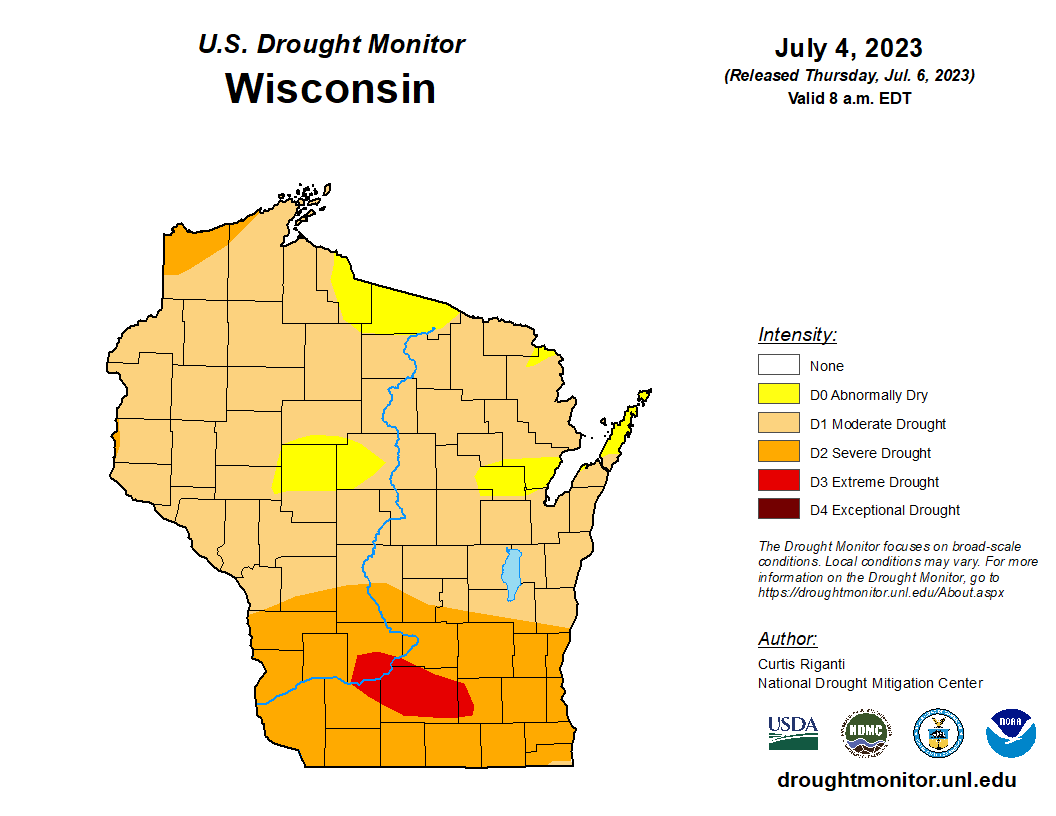
Otkin called the statewide dryspell a flash drought — meaning it comes on rapidly over the course of a few weeks to a couple of months.
While this May was the fourth driest on record since 1895, the state didn’t enter drought conditions until June.
“This morning, the area around Dane County … is now in what they call D3 or extreme drought conditions,” Otkin said. “And again, just at the end of May, we were actually drought-free — so very rapid drought intensification.”
Kevin Krentz, president of the Wisconsin Farm Bureau Federation and a dairy farmer in Berlin, said current conditions are leading to a lot of stress among the ag industry.
“Farmers have put a lot of their time, a lot of dollars, and a lot of work into these crops just to watch them slowly fade away and not be able to do anything but hope and pray for rain,” Krentz told “The Morning Show.”
He mentioned today’s crops are more drought-resistant than those used 30 or more years ago. No till practices and cover crops have also helped with extreme conditions.
But what farmers — and their crops — need most is rain.
Unfortunately, forecasters say the region is not likely to get relief anytime soon.
Wisconsin Public Radio, © Copyright 2025, Board of Regents of the University of Wisconsin System and Wisconsin Educational Communications Board.
